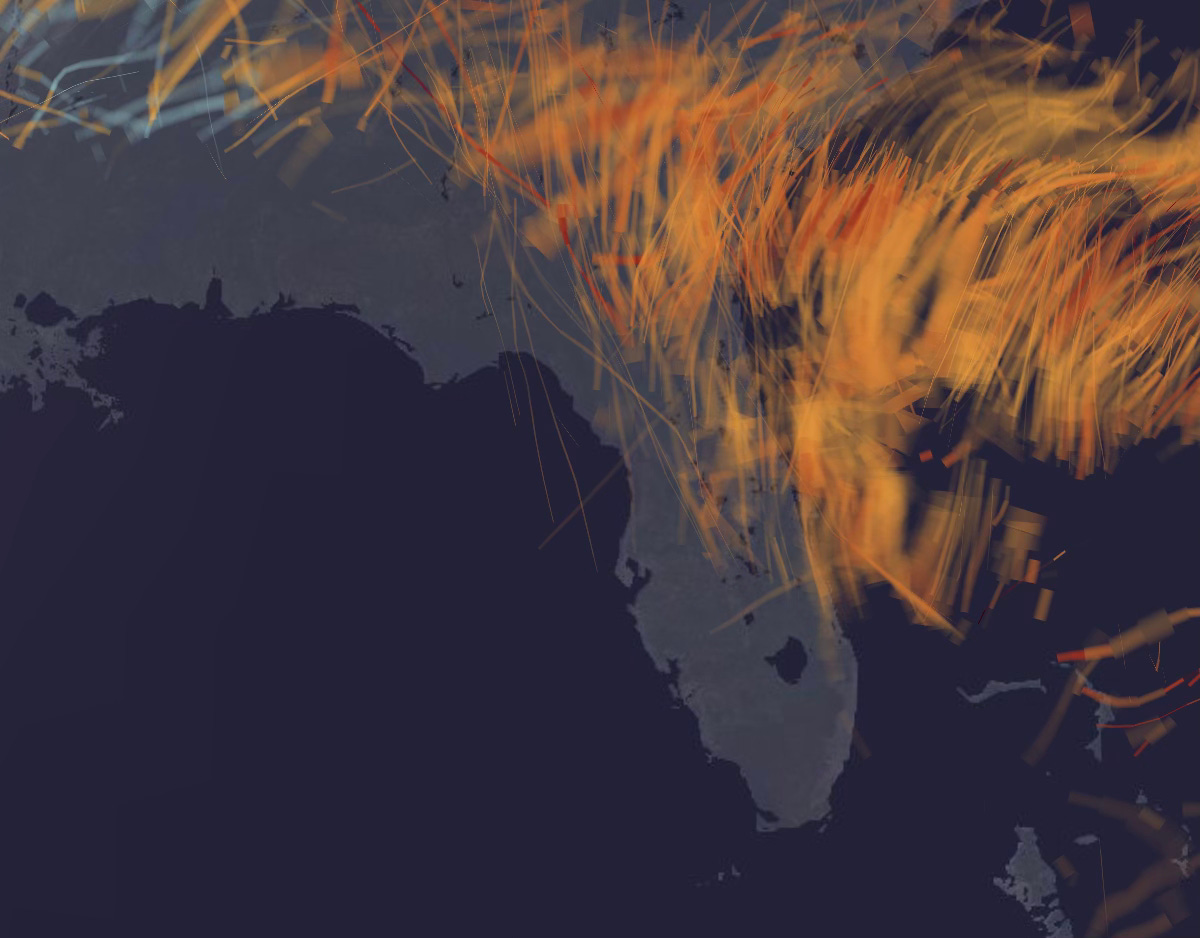New Airlines Added to the Airline Contrails Index ✈️ ☁️
Plus, Florida is banning the conspiracy theory of "chemtrails"
Three additional airlines have been added to the Airline Contrails Index: Air New Zealand, LOT Polish Airlines, and Finnair. This brings the total number of airlines acknowledging or engaged in contrail mitigation to 38 (out of several thousand airlines). Check out the index here to learn more about what these three new airlines are doing in terms of contrail engagement.
A big thank you to the Blue Lines reader who directed our attention to these first additions to the Airline Contrail Index since May last year! If you know of any public resources mentioning airlines that are not yet in the index, we are eager to hear from you.
No More Chemtrails Over Florida
A couple of weeks ago, Florida became the second US state (after Tennessee) to pass a law banning “chemtrails”, the popular conspiracy theory claiming that persistent contrails are created because evil people are adding chemicals to jet fuel to manipulate and control the weather, our minds, or the population.
Chemtrails are, of course, just contrails, which are created by condensation from the jet engines. They do impact the climate (which, sadly, is also a secret to many people), but are formed due to atmospheric conditions, not sprayed for nefarious purposes.
Nevertheless, (republican) politicians in more than 20 US states have introduced bills aimed at banning chemtrails, which, if taken to the extreme, could work out in favor of the climate if chemtrails (in reality, climate-warming contrails) were to be banned altogether.
The Florida bill also includes a hotline for citizens to report any weather-manipulating activity to the Department of Environmental Protection. This could prove to cost the local authorities a lot of wasted hours, the next time the air over Florida is cold and humid enough for passing planes to produce consistent contrails.
While the bill was born out of concern for the impact of chemtrails, it does not mention the term “chemtrails”. The new law is aimed at protecting Floridians from geoengineering and weather modification, which is precisely what the UK government recently set aside £50M for scientists to study (in case we are in desperate need to cool down the Earth sometime in the future).
Masterclass in contrails and their climate impact
“Masterclass: What are contrails, how do they impact the climate, and what can be done to stop them?” This is the title of what appears to be the most popular video from the Copenhagen Contrails Conference. Professor Marc Stettler from Imperial College London led this excellent masterclass, and we want more people to watch it. So here are two short video appetizers:
Globally, around 5% of flight distance forms persistent contrails — but in the North Atlantic, it’s more like 10%.
“This gives an indication of where we want to focus any mitigation activities of contrails. Seemingly, the North Atlantic with a very high proportion of flight distance flown forming persistent contrails would be an area to target.”
We need to move from the lab to real-world demonstrations
“We need to work towards real-world demonstrations to tackle complexity in the aviation system and uncertainty head-on. It’s not until we actually try to do it that we understand all the issues that might pop up.”
Go to Blue Lines’ educational website to explore contrails in depth.
(As regular readers of the Blue Lines newsletter know, contrails are the thin white streaks that airplanes sometimes leave behind in the sky, created from water vapor and engine soot. Some of these condensation trails can spread out and form high-altitude ice clouds (cirrus), which reflect some of the sun’s energy back into space while also trapping outgoing energy in the atmosphere, leading to a net warming of our planet equivalent to 1-2% of human-induced global warming. However, studies and trials indicate that it is relatively simple to avoid most warming contrails by flying around areas in the atmosphere that are prone to contrails. This climate solution—often referred to as contrail management or contrail avoidance—is what Blue Lines advocates for and hopes to see implemented globally.)
See you soon.
Joachim Majholm,
Blue Lines






